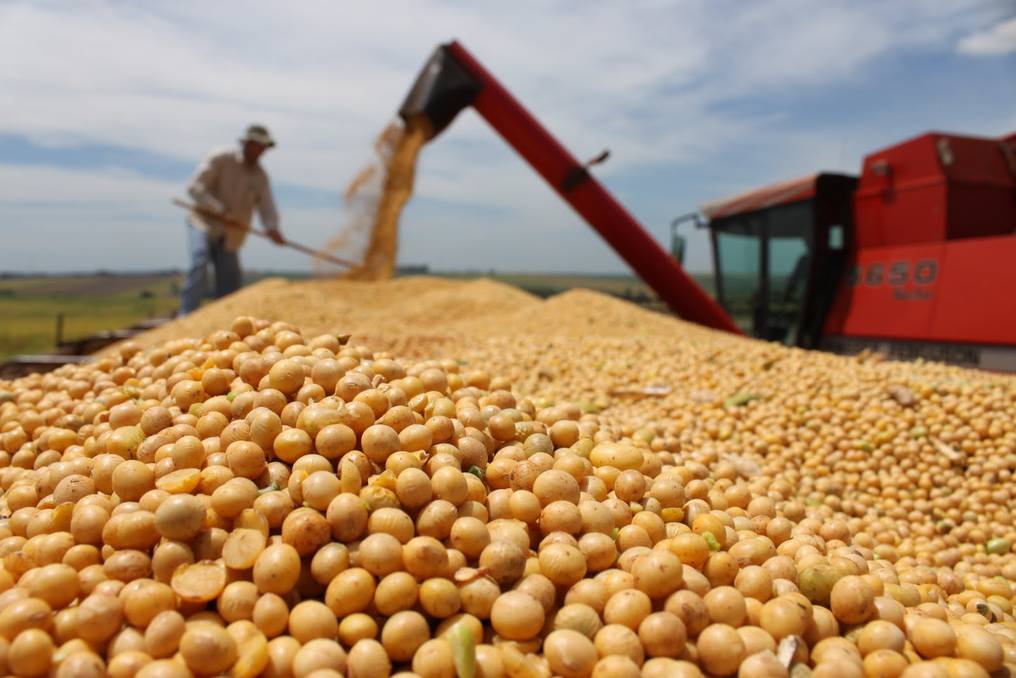RIO DE JANEIRO, BRAZIL – Paraguay’s soybean industries will only be able to process the product until the middle of the year due to the drop in production caused by a prolonged drought and are looking for alternatives to import grain to cover the demand, the chamber that groups them told Reuters.
According to the Ministry of Agriculture and Livestock, the country, the world’s fourth-largest soybean exporter, is facing the worst scenario in a decade, with production falling by up to 50% compared to the previous cycle.
The Paraguayan Chamber of Oilseed and Cereal Processors (Cappro) estimates that the break due to the lack of rainfall could be even more significant, with a drop of around 60% compared to the 10 million tons of the previous season.

“Because of this situation, it is expected that industries will hardly be able to continue processing soybeans during the second half of the year so that the percentage of idle capacity could range between 60% and 70%,” the organization said in an e-mail.
Cappro requested the National Economic Team to implement a tax and customs relaxation regime for soybean imports, similar to Argentina’s temporary admission regime.
“With this (…) it will be possible to look for regional alternatives, to cover the demand that cannot be covered locally and thus ensure greater industrialization within Paraguay,” it added. If the measure is approved, it would be the first time that the country imports the raw material.
According to the last statistical bulletin of the chamber, the industries associated with Cappro, including the multinationals ADM, Bunge, Cargill, and Louis Dreyfus, processed about 2.8 million tons of oilseeds last year, the lowest record since 2013 and about 500,000 tons less than in 2020.
In addition to a lower quality of grains that hinder the pace of milling, the drought also caused navigation problems in the Paraguay-Paraná waterway, generating cost overruns in the value chain.
The sector “is suffering one of its worst years in history and certainly, the worst since in 2013 the industries associated to CAPPRO have expanded the installed capacity in the country, going from 1.5 million tons per year to 4.5 million tons per year”, said the chamber.
With information from Reuters

